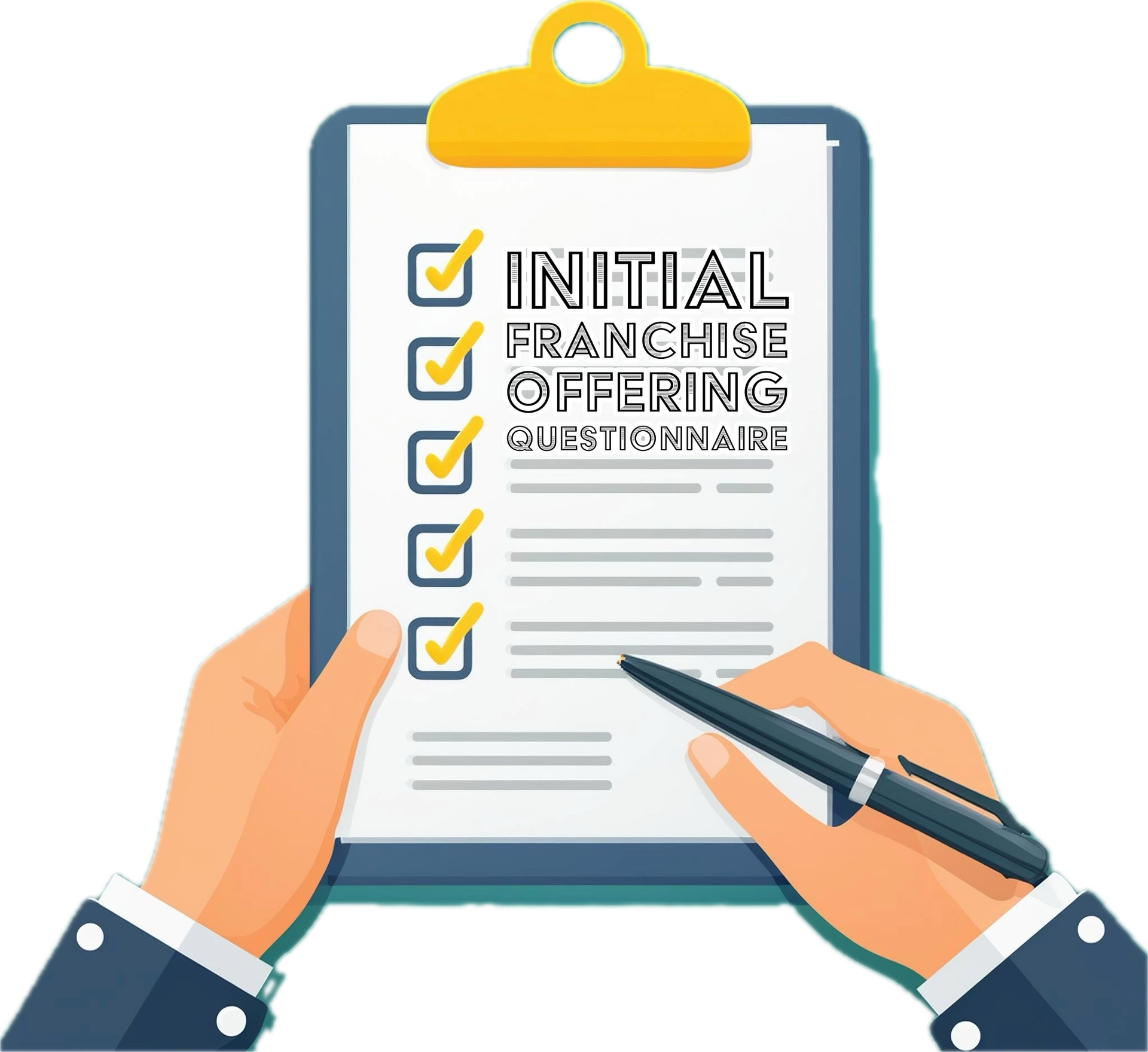HYPOTHETICAL FRANCHISE BUSINESS MODEL
Let's consider a hypothetical franchise model in the fitness industry, specifically a chain of boutique yoga studios called "ZenSpace Yoga". This model is designed to show the basic relationship between a franchisor and a fraanchisee, the former providing the structure and support for the business model, while the later brings local market knowledge and operational execution. The synergny created by a more global franchisor and a local franshisee familiar with the intended business operating enviroment creates a win win siutaiton whic if often mutual profitability to both and further expans the brand of Franchisor.
FRANCHISOR: ZENSPACE YOGA
The franchisor, ZenSpace Yoga, has developed a business model that offers a variety of yoga classes, wellness programs, and a line of branded yoga accessories. They provide franchisees with a comprehensive business system that includes brand trademarks, a proven marketing strategy, and operational protocols to maintain quality and brand consistency. ZenSpace Yoga also offers training programs for franchisees and their staff, ensuring that all instructors are certified and adhere to the company’s teaching standards. Additionally, the franchisor supplies ongoing support through national advertising campaigns, seasonal promotions, and a centralized online booking system.
FRANCHISEE: STUDIO OPERATORS
A franchisee in this model would pay an initial franchise fee to obtain the rights to use the ZenSpace Yoga brand and business system within a specific geographic area. They are responsible for the initial setup of the studio, which includes leasing a space, fitting it out according to ZenSpace’s design guidelines, and purchasing the required inventory of ZenSpace branded accessories. The franchisee handles day-to-day operations, including hiring staff, managing schedules, and local advertising. They pay ongoing royalties to the franchisor based on a percentage of their revenue, which contributes to the broader corporate support they receive. Franchisees must comply with the franchisor’s set standards and practices but benefit from the established brand and business model of ZenSpace Yoga, potentially reducing the risk and uncertainty of starting a new business from scratch.
This model illustrates a symbiotic relationship where the franchisor provides structure and support, while the franchisee brings local market knowledge and operational execution, aiming for mutual profitability and brand expansion














